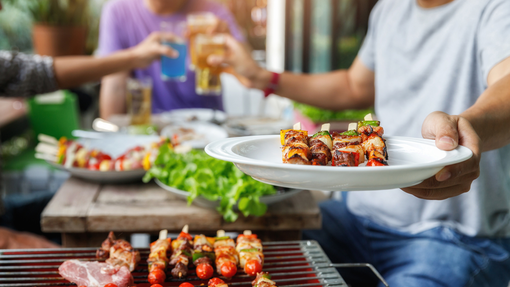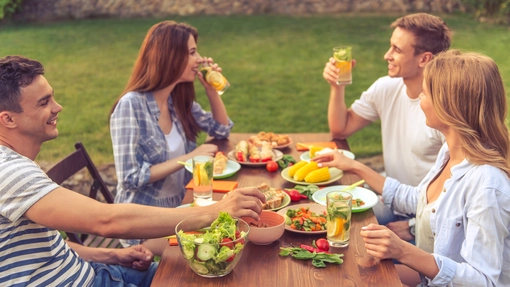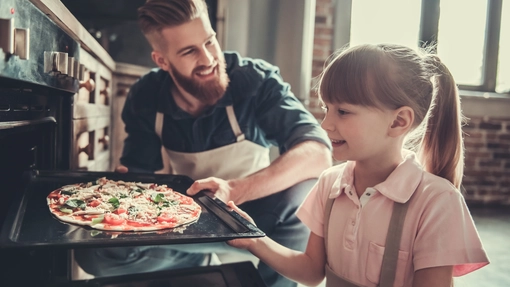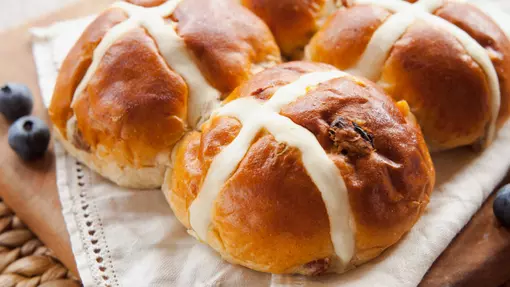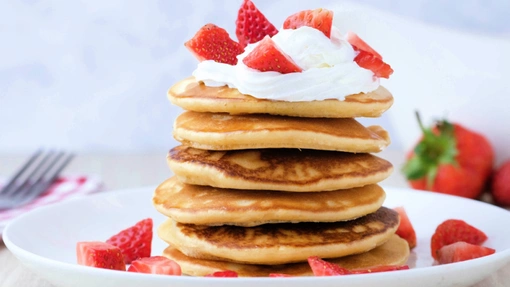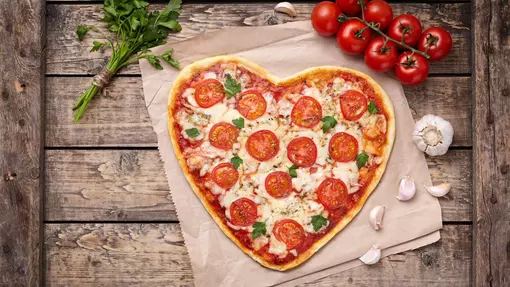
Reducing food waste during Ramadan: because food is precious!
The holy month of Ramadan is, for many Muslim families, one of the most special times of the year. A time for reflection, connection and sacrifice, it’s marked by 30 days of fasting between sunrise and sunset. Families often then gather together to break their fast in the evening, sharing in the joy of good food.
The absence of food and drink (even water) during the day places increased emphasis on the importance of food – and not just through the act of sitting down together to share a suhoor meal before sunrise, or the iftar meal to break the daily fast after sundown. In going without food and water for many hours each day, Muslims are also reminded of those who don’t have enough to eat and accompany their fasting with acts of charity and kindness.
Ramadan is a time that reminds us all how precious food is, and that’s why today’s post is all about how you and your family can make your food go further at this sacred time of year.
Too much food?
When asked, 62% of Muslims thought more than 80% of Muslim households prepare too much food at least once during Ramadan. However, when asked about the size of their own iftar meals, 71% reported that they were the same as usual or smaller.
When it comes to leftovers, 58% of people surveyed say they often have leftovers during Ramadan and for those with leftovers, 96% say they often kept and ate them the next day. Although this is great news, 66% also say they often kept leftovers with the intention of using them up but ended up throwing them away.
If you have good intentions not to waste food, you are in good company. 98% of Muslim people surveyed agreed that they wanted their children to see food waste as an important issue. Which it certainly is! Perhaps most tellingly, 95% of people questioned in our survey believe that doing more on the issue of food waste will please Allah*.
Making the most of surplus food
If you’ve just finished an iftar meal and found yourself with more food than you and your family can eat, there are lots of great things you can do with what’s left over.
Repurpose leftovers
First up, why not repurpose leftovers and have them for iftar the following day – perhaps as an appetiser or side dish? Leftover meat and veg can be added to curries, fritters or one-pot dishes such as tagines. And, while spicy curries may not be ideal for a suhoor meal next morning, you could mix your leftover veg and flatbreads with eggs to make a delicious shakshuka for a weekend treat.
Share with others
Your second option is to share surplus food with your friends, family or local community. Why not offer it to neighbours as an act of kindness, take it to a homeless shelter or make use of the growing number of food sharing apps to get your unwanted food to someone nearby who needs it?
Freeze leftovers for another day
Of course, you also have the option of freezing leftovers to enjoy another day, whether for later in Ramadan or easy for meals once Eid has been and gone. There are very few things you can’t freeze!
Fully prepared dishes from spiced lamb koftas to curries can be frozen in portions (use our portion calculator to work out the perfect size) for delicious homemade ready meals, while roasted vegetables and meat can be frozen in reusable freezer bags to use in other dishes in the future. Flatbreads can be frozen, too, ready to have for lunch after Ramadan is over or to bulk out a future dinner.
If you’ve made too much rice – easily done! – this can be frozen too, but remember that it can only be reheated once. Follow our guidelines for freezing rice to make sure you do it safely.
And when Eid arrives…
When the month draws to a close, food once again becomes the focus for Eid celebrations. You’ll find lots more tips for using up food leftover from your Eid feast in our post on making your Eid food go further.
* Unpublished research carried out by WRAP in 2022 into the effectiveness of trialled interventions to reduce food waste.


